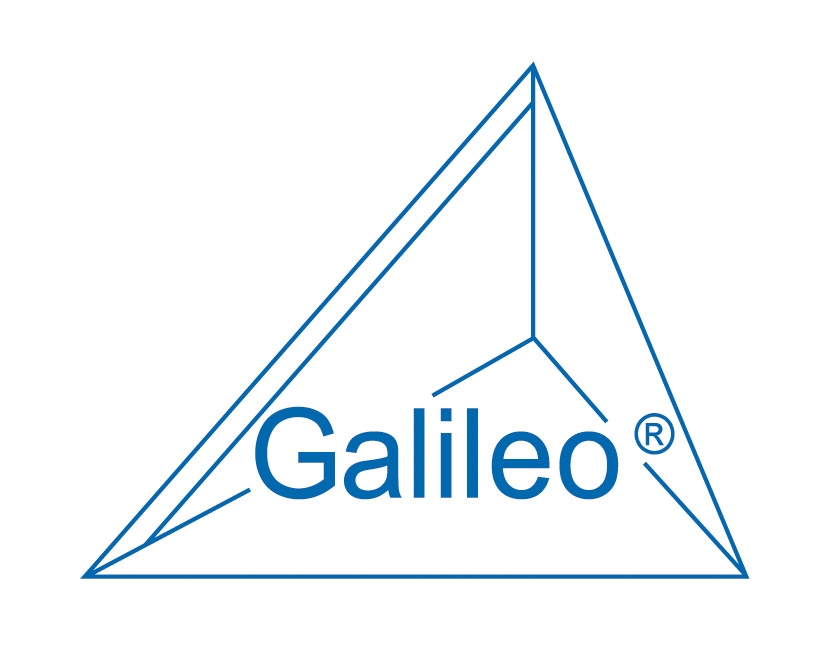Telecommunication is the transmission of information, over significant distances, to communicate with others. In earlier times, telecommunications involved the use of visual signals, such as beacons, smoke signals, semaphore telegraphs, signal flags, and optical heliographs, or audio messages via coded drumbeats, lung-blown horns, or sent by loud whistles, for example. In modern ages of electricity and electronics, telecommunications now also includes the use of electrical devices such as telegraphs, telephones, and teletypes, the use of radio and microwave communications, as well as fiber optics and their associated electronics, plus the use of the orbiting satellites and the Internet.
The first breakthrough into modern electrical telecommunications came with the push to fully develop the telegraph starting in the 1830s. The use of these electrical means of communications expanded telecommunications to almost all locations of the world during the 19th century, and thereby connected the continents via cables on the floors of the ocean. The use of the first three popular systems of electrical telecommunications, ie the telegraph, telephone and teletype, all required the use of conducting metal wires.
A revolution in wireless telecommunications began in the first decade of the 20th century, with Guglielmo Marconi winning the Nobel Prize in Physics in 1909 for his pioneering developments in wireless radio communications. Other highly notable pioneering inventors and developers in the field of electrical and electronic telecommunications include Charles Wheatstone and Samuel Morse (telegraph), Alexander Graham Bell (telephone), Nikola Tesla, Edwin Armstrong, and Lee de Forest (radio), as well as John Logie Baird and Philo Farnsworth (television).
Telecommunications today comprise the large field of mobile and handheld devices which provide instant communication to other users and to the internet.
Telecommunications play an important role in the world economy. The worldwide telecom services market was valued at 1.66 trillion in 2020 and is expected to expand at a compound annual growth rate of above 5% from 2022 to 2028. Particularly implementation of 5G infrastructure due to the shift in customer inclination toward next-generation technologies and smartphone devices is one of the key factors for this development. An increasing number of mobile subscribers, increasing demand for high-speed data connections, and the growing demand for mobile managed services are additional factors.
